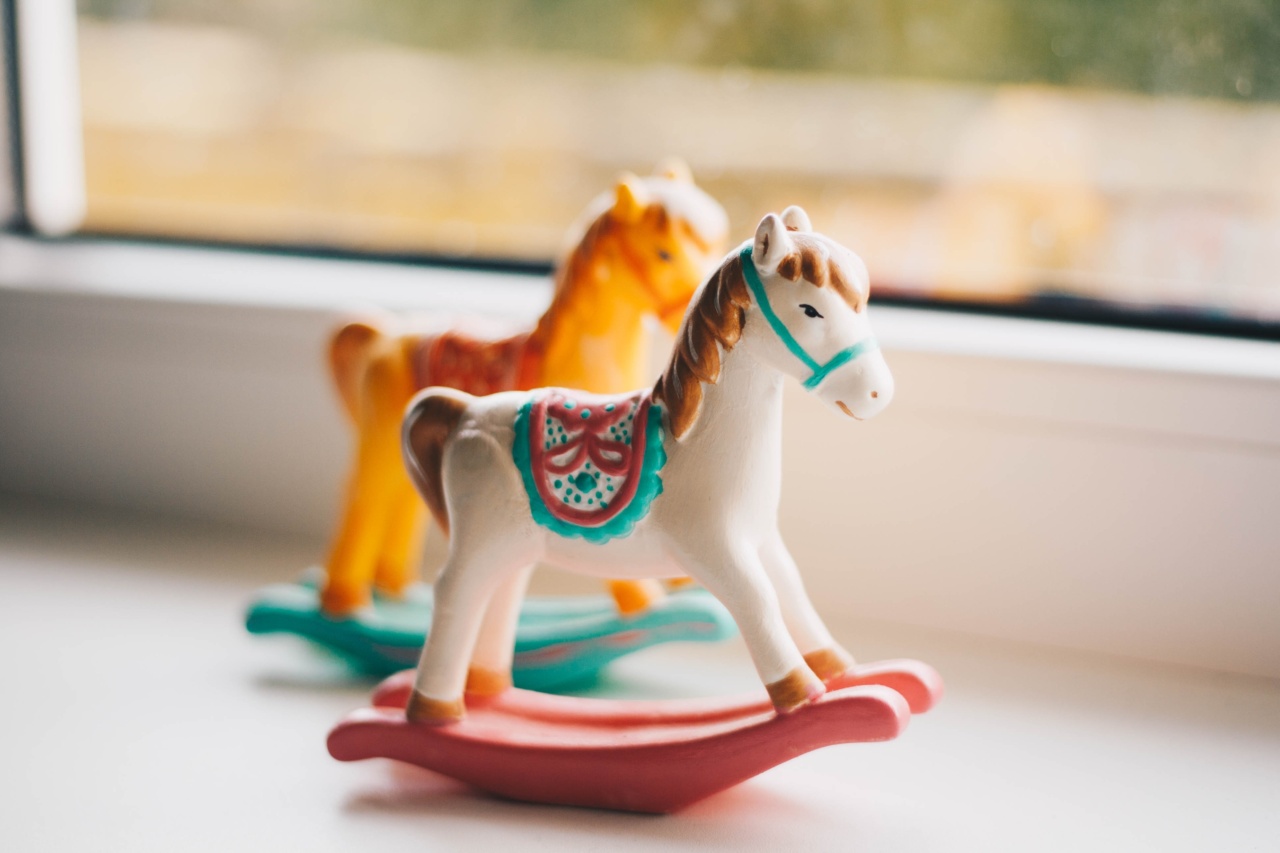If you’re in your 20s and thinking about starting a family, you might be wondering if it’s the right time for you.
While everyone’s situation is different, there are some compelling reasons why having a baby in your 20s can be a great idea. Here are some of the top reasons:.
1. Your fertility is at its peak
One of the biggest advantages of having a baby in your 20s is that your fertility is at its peak. Women are born with a finite number of eggs, and as they age, the quality and quantity of those eggs degrade.
By the time a woman reaches her 30s, her fertility has already started to decline. By having a baby in your 20s, you give yourself the best chance of conceiving quickly and easily.
2. You have more energy
Let’s face it: having a baby is exhausting. From sleepless nights to round-the-clock care, it can be challenging to keep up with the demands of a new baby.
However, when you’re in your 20s, you’re more likely to have the energy and stamina needed to keep up with those demands. Plus, as your child grows older, you’ll still be in your prime, able to keep up with their active lifestyles without feeling exhausted.
3. You have more time to build your career
While having a baby can put a temporary pause on your career, starting a family in your 20s can actually give you more time to build your career in the long run.
By the time your child is old enough to start school, you’ll still only be in your 30s, giving you plenty of time to advance your career while your child is in school. Plus, as you get older, you’ll be more likely to have the experience and skills needed for higher-level positions, making it easier to balance work and family.
4. You may have a stronger support system
When you’re in your 20s, you’re more likely to have a strong support system in place.
Whether it’s family members who are available to help with childcare or friends who can offer emotional support during those challenging early days, having people in your life who can help you navigate new parenthood can be invaluable.
5. Your finances may be more stable
While babies may be expensive, starting a family in your 20s can actually make financial sense in the long run.
By the time your child is born, you’ll likely still be in the early stages of your career, meaning you’ll have more time to build your financial foundation. Additionally, you may have fewer financial obligations, such as a mortgage or other debts, giving you more flexibility to save for your child’s future.
6. You’ll be more likely to have a healthy pregnancy
While age isn’t the only factor that can impact pregnancy and childbirth, being in your 20s can increase the likelihood of a healthy pregnancy and delivery.
Women who are younger are less likely to experience complications such as gestational diabetes or high blood pressure, and are more likely to have a healthy birth weight baby.
7. You’ll have more time to enjoy your family
Perhaps the most significant advantage of having a baby in your 20s is that you’ll have more time to enjoy your family.
By starting a family young, you’ll be able to spend more time with your children as they grow up, creating cherished memories that will last a lifetime. Plus, as your children become adults, you’ll still be relatively young, meaning you’ll have time to enjoy grandchildren and other family milestones.
Conclusion
While there’s no one-size-fits-all answer to whether 20s are the perfect time to have a baby, there are many compelling reasons to consider it.
From increased fertility to more energy and a stronger support system, starting a family young can lead to a happy, healthy life filled with the joys of parenthood.




























